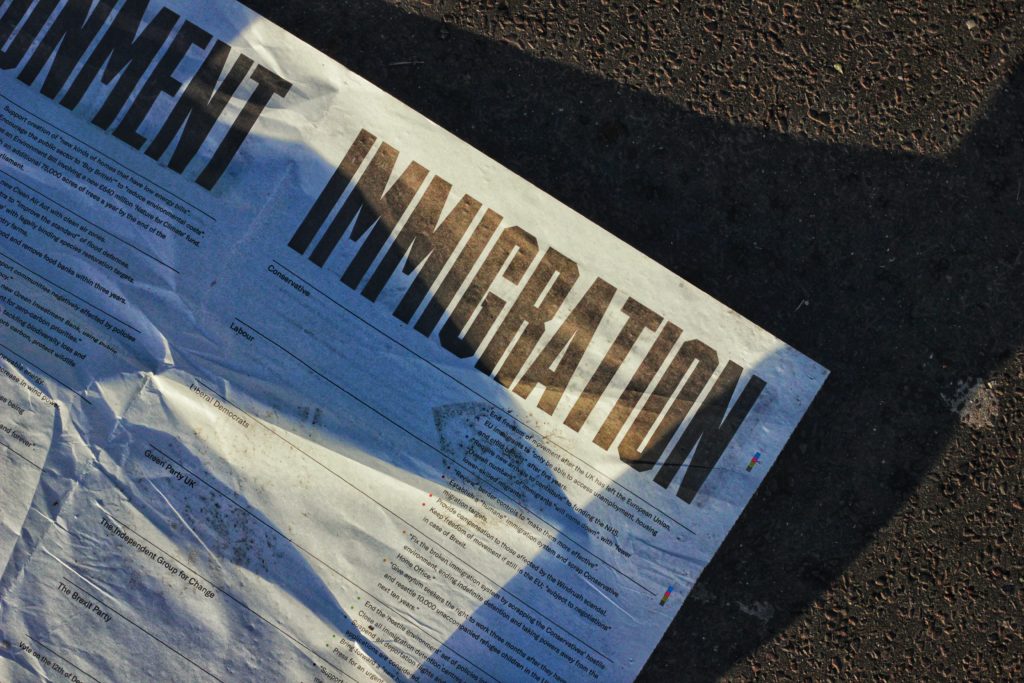Colored with scrolling
Try scrolling the rest of the page to see this option in action.
Try scrolling the rest of the page to see this option in action.

Canada has long been known for its open and inclusive approach to immigration, welcoming individuals worldwide. However, there are instances where individuals may face immigration detention or deportation due to various reasons. Immigration detention refers to the confinement of individuals by Canadian authorities for immigration-related purposes, while deportation involves the removal of individuals from Canada due to violations of immigration laws. This article provides an overview of the processes, rights, and resources available to individuals dealing with immigration detention and deportation in Canada.
There are several reasons why individuals may be subject to immigration detention in Canada. These reasons include the following:
It’s important to note that immigration detention is typically used as a last resort when no viable alternatives are available to ensure compliance with immigration laws or address security concerns. The length of detention can vary depending on individual circumstances and legal processes, and individuals in detention have certain rights and avenues for review.
When individuals are subjected to immigration detention in Canada, they go through a specific process that involves the following steps:
Immigration authorities have the power to arrest and detain individuals suspected of being in violation of immigration laws or posing a security risk. The arrest can occur at various locations, such as ports of entry, workplaces, or residences. Individuals are then taken into custody and transported to a designated detention facility.
Once detained, individuals have the right to a detention review conducted by the Immigration Division of the Immigration and Refugee Board (IRB). The initial review usually occurs within 48 hours of detention, and subsequent reviews are conducted regularly. The review aims to assess the necessity and legality of continued detention.
Detained individuals are entitled to certain rights and protections regarding their conditions of detention. These include access to suitable accommodations, basic necessities, healthcare, and communication with the outside world. However, conditions may vary between different detention facilities.
Individuals in immigration detention have the right to access legal representation. They can seek assistance from immigration legal professionals or other authorised representatives. Legal counsel can help individuals understand their rights, navigate the legal processes, and present their cases during detention reviews.
In addition to legal assistance, individuals dealing with immigration detention and deportation in Canada can seek support from various organisations. These include:
Navigating the complex processes of immigration detention and deportation in Canada can be overwhelming for individuals and their families. Understanding one’s rights, accessing legal representation, and utilising available support and resources are crucial steps in dealing with these challenging situations.Individuals facing immigration detention or deportation must seek timely assistance and explore all available options to ensure a fair resolution to their cases.
Back to blogs